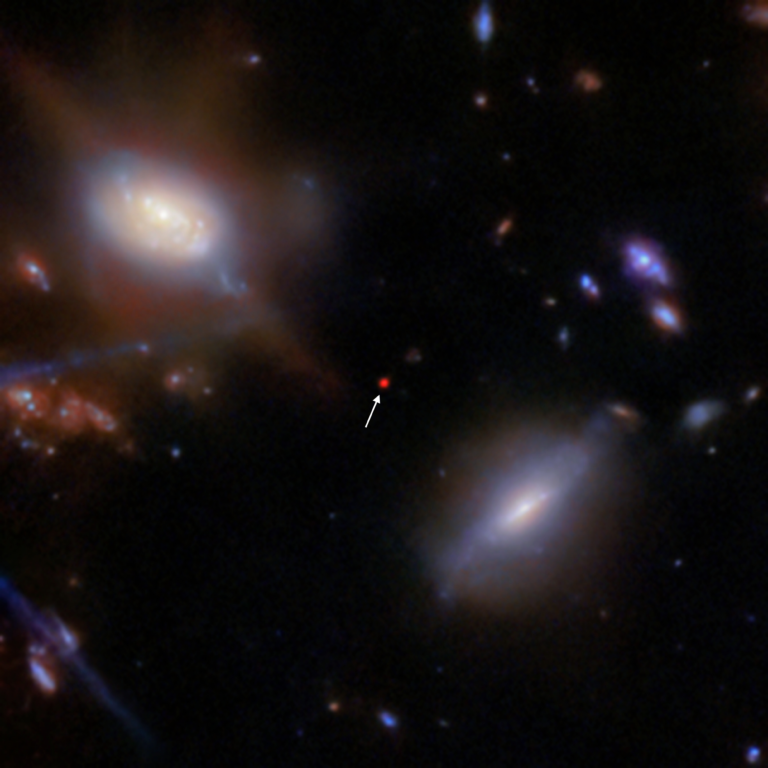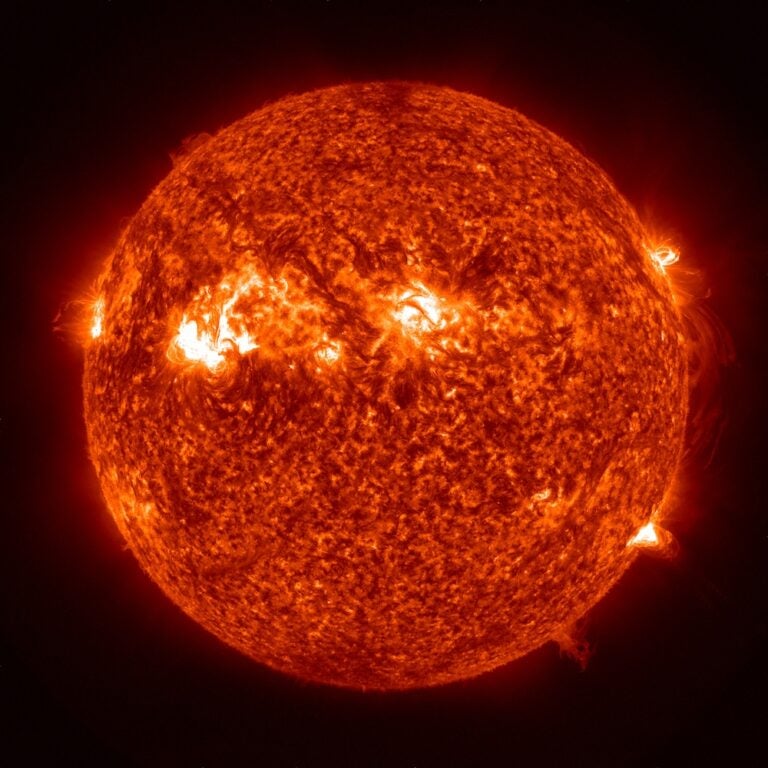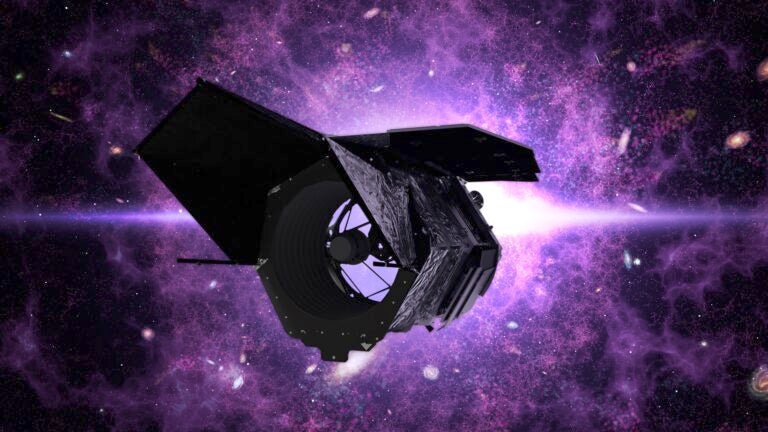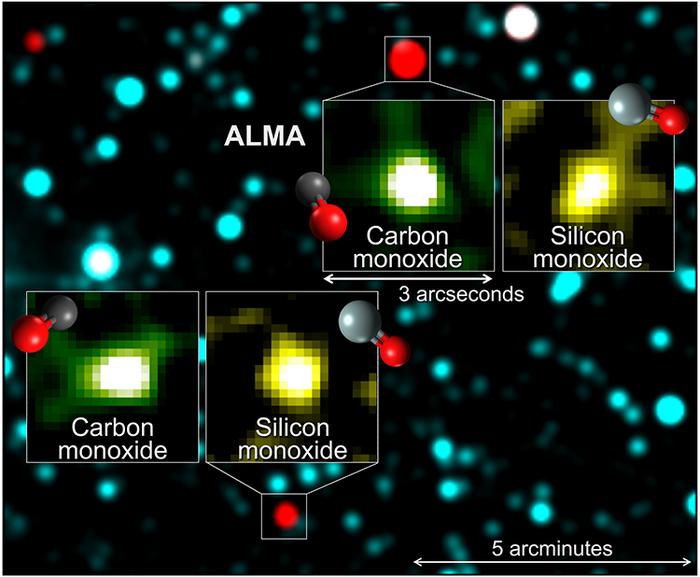Hypothesis: The word comes from the Greek word for “to put under,” or “to suppose.” It means to put forth a possible explanation for an observed phenomenon.
Law: When an enlightened suggestion like a hypothesis turns out to be correct, verified by many coincidental observations and experiments, it converts into a law. In science, a law is a statement, based on repeated experimental observations, that describes principles or actions.
Theory: When a law is applied in a broad and general way over a variety of phenomena, it transforms into a theory. A theory is not just an idea. That’s wrong. Derived from the Greek word theoria, meaning beholding and contemplating, in science, theory means a set of principles that explain and predict phenomena in nature.









